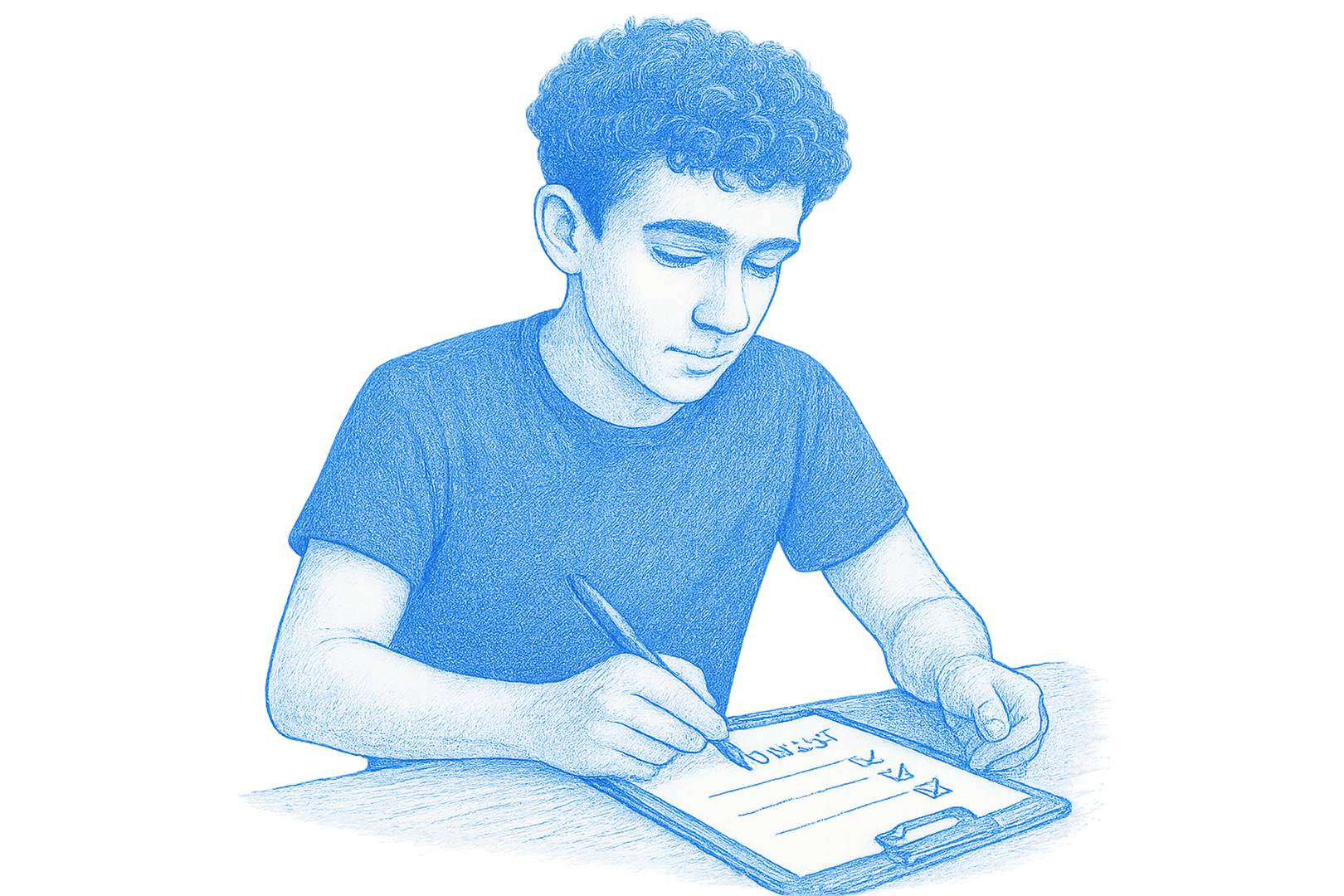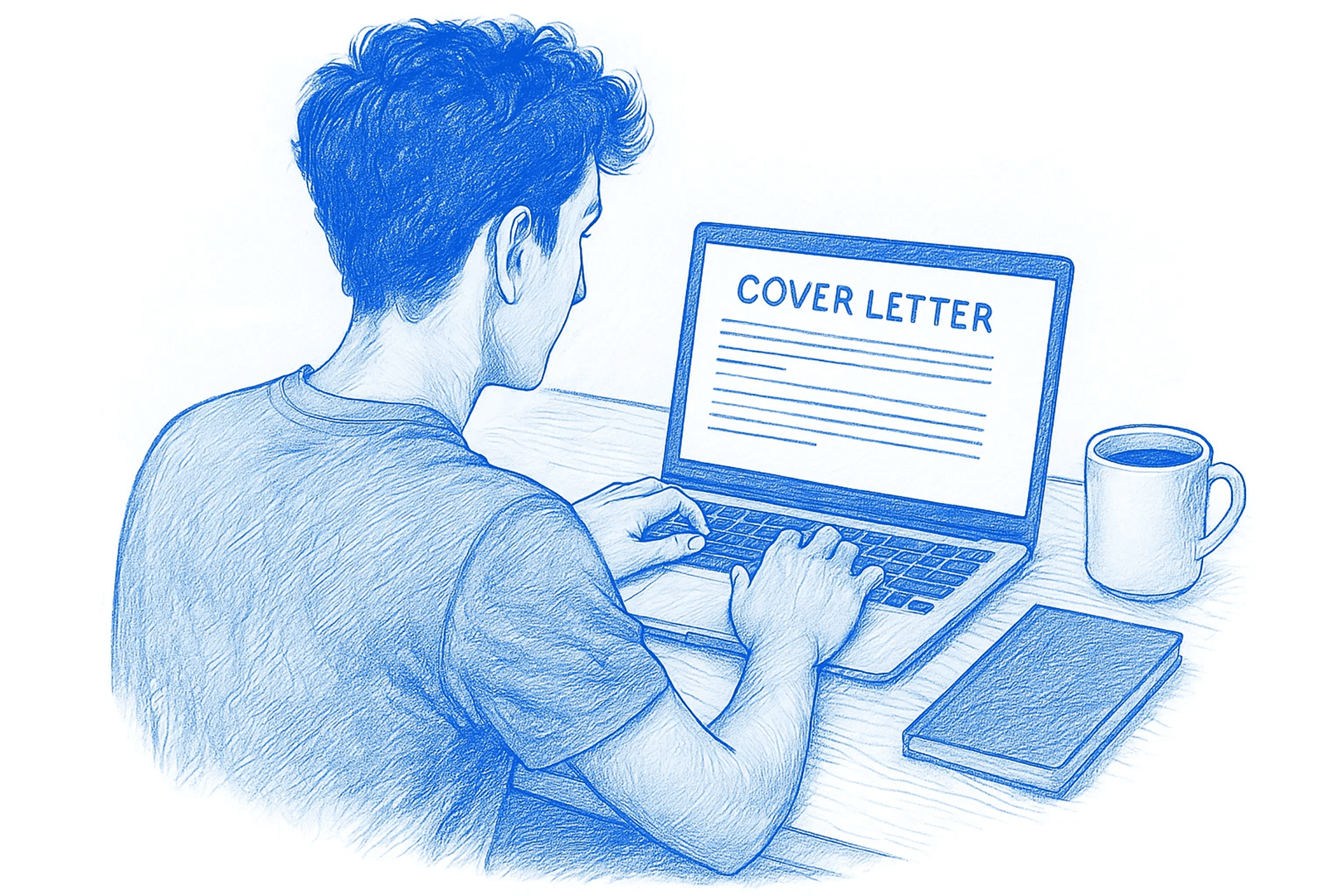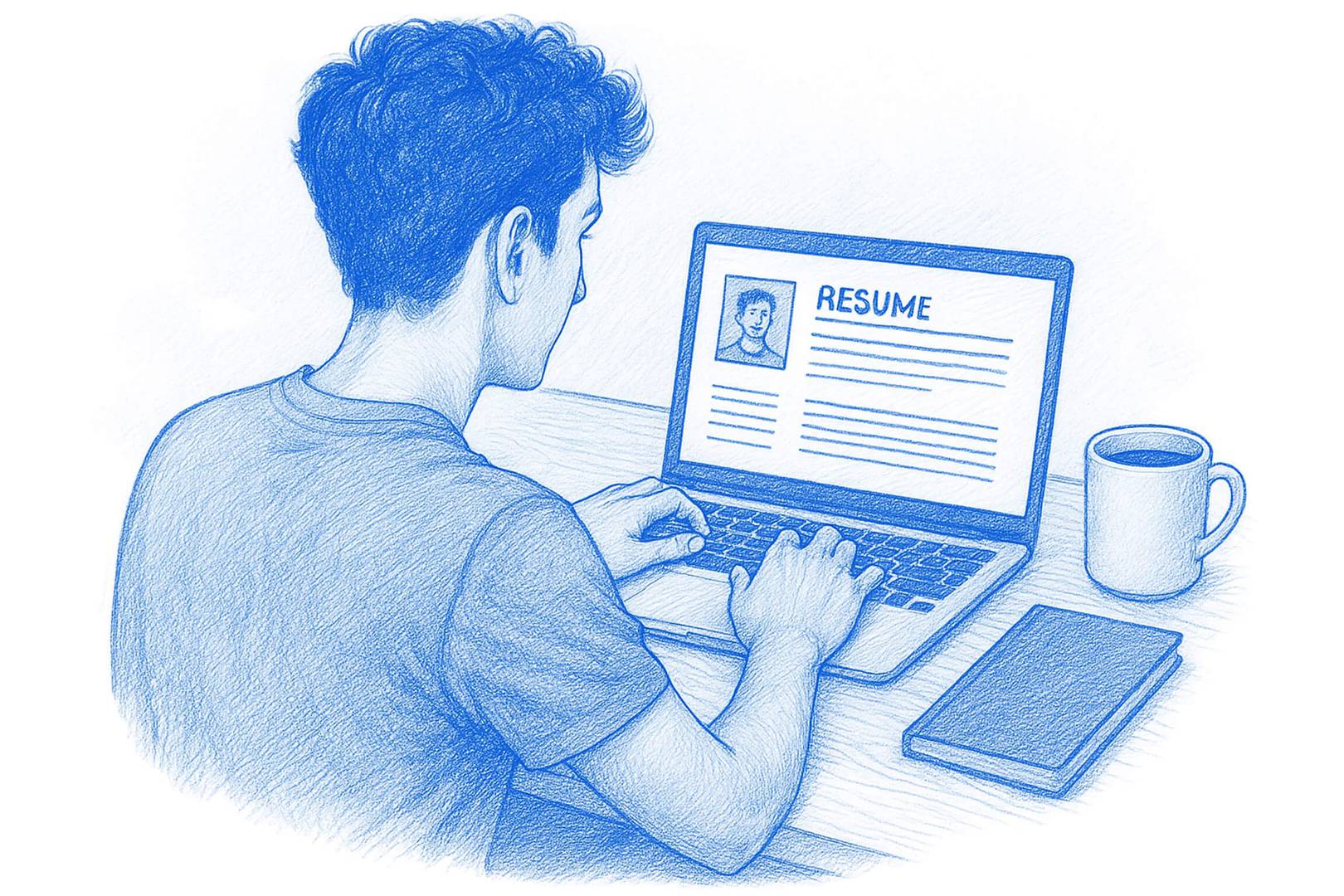Blog
04 Jul 2025 • resume
How to Document Your Internship Experience for Future Jobs
Simple tips to document your internship and build a strong resume and portfolio.

Internships move fast. One moment you’re figuring out how to set up your dev environment or schedule your first stand-up. A few weeks later, it's your last day and you're sending a goodbye message in Slack.
But here’s what most students forget: the value of an internship doesn’t end when it’s over. In fact, the real value begins after—when you start applying for full-time roles, building your portfolio, or preparing for interviews. That’s when everything you did during your internship turns into proof of your skills.
And the only way to make that happen is to document your work while it’s still fresh.
Don’t Rely on Memory. Write Everything Down.
Start with something simple: a weekly log.
At the end of every week, write a short summary of what you worked on. Keep it in a doc, a Notion page, or even as private commits on GitHub. You don’t need paragraphs. Just write what problems you solved, what tools you used, what bugs you fixed, and what you learned.
For example:
Fixed layout issues in mobile navbar (Tailwind CSS).
Refactored payment flow to reduce failed transactions.
Shadowed PM during user research session.
It may seem small now, but a few months later, this becomes your raw material. When you need to write your resume, update your LinkedIn, or talk through a project in an interview, this log is gold.
Save Artifacts. Screenshots, Links, Proof.
Your internship is more than a checklist of tasks. It’s a body of work. Save anything that helps you show that work:
Screenshots of the product or feature you helped ship.
Pull request or GitHub links to your code.
Figma files or design iterations you contributed to.
Feedback or appreciation messages from your team.
A recording of your final demo or presentation.
These aren’t just memories. They are proof of your contribution. And they’re exactly what hiring managers and recruiters love to see in portfolios.
Ask for Feedback While You’re Still There
Don't wait until the last day to ask your manager, “How did I do?”
Instead, schedule time midway through your internship to get structured feedback. Ask them what they think you're doing well and where you can improve. If possible, get written feedback at the end that you can refer back to or even quote in your portfolio.
These small check-ins also show maturity. It tells your team that you're not just there to tick a box. You want to grow.
Treat Final Presentations Like a Personal Pitch
If your internship ends with a demo or a final presentation, don’t just wing it. Prepare like it’s your own product launch. Summarize what you worked on, why it mattered, and what the outcome was.
Then—save the deck or recording. You can reuse that same story in your next interview.
Reflect and Write a Case Study
After your internship ends, take some time to reflect. What did you build? What challenges did you face? What decisions did you help make?
Turn this into a short case study. You don’t need to publish it if you’re not comfortable, but write it for yourself. This kind of reflection will help you talk about your work more clearly and confidently in the future.
If you’re in design or engineering, you can even use this as the base for a portfolio page.
Be Specific on Your Resume
When you finally add your internship to your resume, skip the vague stuff. Don’t write things like “Worked on various tasks.”
Instead, say:
Built and launched user settings page for 10,000+ monthly active users using React and Tailwind CSS. Reduced account deletion flow by 2 clicks.
Numbers. Outcomes. Tools. Specific language. It reads like someone who contributed, not just observed.
Stay Connected
Documentation isn’t just about tasks and files. It's also about people. Message your manager and teammates before you leave. Say thank you. Ask if you can stay in touch.
That one connection might help you find your next opportunity. Or be a reference. Or just be someone who remembers the good work you did.
TL;DR — How to Document Your Internship the Right Way
Keep a weekly log of what you did and learned. Simple notes are enough.
Save proof of work like screenshots, links, and feedback messages.
Ask for feedback early, not just on your last day.
Prepare for your final demo like it’s your personal project launch.
Write a short case study while the work is still fresh in your mind.
Be specific on your resume. Focus on impact, tools used, and outcomes.
Stay in touch with your team. Relationships are part of the documentation too.
If you treat your internship like a project worth remembering, you’ll have more than a line on your resume. You’ll have a real story. And that story is what sets you apart in your next job.
Related Articles
How to Write a Cover Letter for an Internship
Learn how to write a strong cover letter for an internship with tips, examples, and a simple template.

What Recruiters Look for in a Student Resume
Learn what makes a student resume stand out to recruiters. Clear tips, real examples, and what to avoid.

Top Computer Science Internship Programs You Should Not Miss
Kickstart your career with top computer science internships. Explore leading tech firms and gain real-world experience.

Subscribe to The Internshipp Newsletter
Expert advice, industry trends, insider tips along with best new internship posted on Peerlist—delivered straight to your inbox.